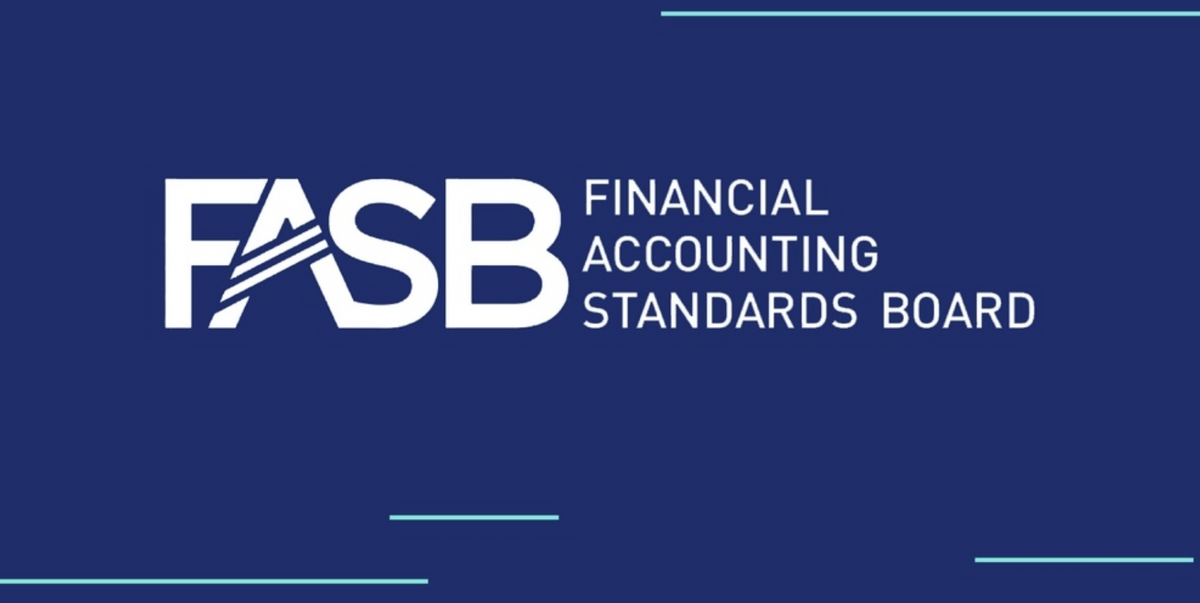FASB Votes To Introduce New Fair Value Accounting Rules For Bitcoin
Financial Accounting Standards Board (FASB) unanimously voted to approve long-awaited accounting rules for bitcoin and other digital assets. New rules will require fair value measurement - aka highs and lows. Expected publication date is by the end of the year.

- "Under new rules expected to be published by year end, companies that hold or invest in [bitcoin] will be required to report their holdings at fair value, a measurement that aims to capture the most up-to-date value of an asset - including rebounds in value after prices dip."
- "While the new standard will inject volatility into the earnings of companies that are heavily invested in [bitcoin], the ability to record recoveries will be an improvement over the current practice, companies and accountants have told the Financial Accounting Standards Board for months."
- "The rules will go into effect as soon as 2025, but companies will have the option to apply them early, FASB agreed."
- "U.S. companies currently default to an American Institute of CPAs practice guide that treats [bitcoin and other crypto assets] as an intangible asset, a category that includes things like trademarks, copyrights, and brands - all items that, unlike [bitcoin], are rarely traded."
- "This means companies record the value of their holdings at the historical price they paid and assess their holdings every quarter for impairments, or value declines. If the price of bitcoin drops even briefly during the period, it’s considered impaired. Companies can’t revise values upward if the market recovers."
- "This accounting method routinely dings the earnings of MicroStrategy, the largest public company holder of [bitcoin]."
"Fair-value bitcoin reporting “would enable us to provide investors with a more relevant view of our financial position and the economic value of our bitcoin holdings, which in turn would facilitate the ability of investors to make informed investment and capital allocation decisions,” MicroStrategy CFO Andrew Kang was quoted as saying.
- FASB has rejected three separate requests since 2017 to write rules for digital assets, reasoning that too few companies use Bitcoin in a material way.




